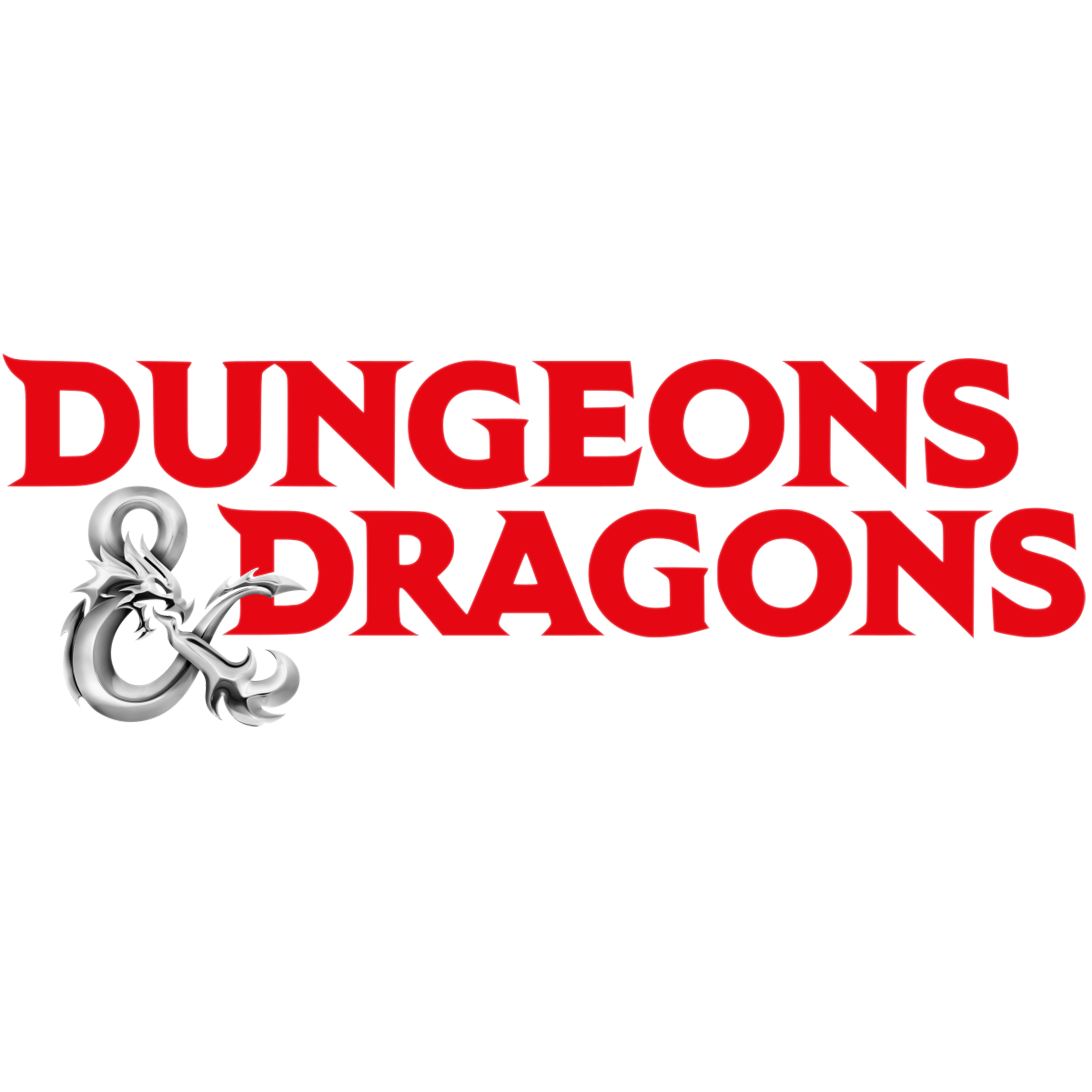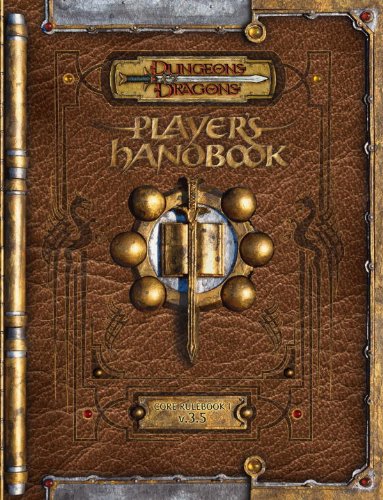

Acquisition by Wizards of the Coast and 3rd editioned
In 1997, a near-bankrupt TSR was purchased by Wizards of the Coast.[89] Following three years of development, Dungeons & Dragons 3rd edition was released in 2000. As the Basic game had been discontinued some years earlier, and the more straightforward title was more marketable, the word "advanced" was dropped and the new edition was named just Dungeons & Dragons, but still officially referred to as 3rd edition (or 3E for short). It is the basis of a broader role-playing system designed around 20-sided dice, called the d20 System. Monte Cook, Jonathan Tweet, and Skip Williams all contributed to the 3rd edition Player's Handbook, Dungeon Master's Guide, and Monster Manual, and then each designer wrote one of the books based on those contributions.[17] The d20 system uses a more unified mechanic than earlier editions, resolving nearly all actions with a d20 die roll plus appropriate modifiers. Modifiers based on ability scores follow a standardized formula. Saving throws are reduced from five categories based on forms of attack to three based on type of defense. The combat system is greatly expanded, adopting into the core system most of the optional movement and combat system of the 2nd edition Players Option: Combat and Tactics book. Third edition combat allows for a grid system, encouraging highly tactical gameplay and facilitating the use of miniatures. New character options include the new sorcerer class, the thief is renamed rogue (a term that 2nd edition uses to classify both the thief and bard classes), and the prestige classes are introduced, which characters can only enter at higher character levels and if they meet certain character-design prerequisites or fulfill certain in-game goals. Later products include additional and supplementary rules subsystems such as "epic-level" options for characters above 20th level, as well as a heavily revised treatment of psionics. 3rd edition removes previous editions' restrictions on class and race combinations that were intended to track the preferences of the race, and on the level advancement of non-human characters. Skills and the new system of feats are introduced replacing non-weapon proficiencies, to allow players to further customize their characters. The d20 System is presented under the Open Game License, which makes it an open source system for which authors can write new games and game supplements without the need to develop a unique rules system and, more importantly, without the need for direct approval from Wizards of the Coast. This makes it easier to market D&D-compatible content under a broadly recognizable commercial license.
